-

- Get to know us
Annual Report 2024
June of 2025 | Fundación Telefónica
Fundación Telefónica’s mission is “To make our world more human by fostering inclusive digital development.” To achieve this, we are active in 31 countries through a global-local intervention model, carried out through our foundations in Latin America...
Learn moreDownloads
-
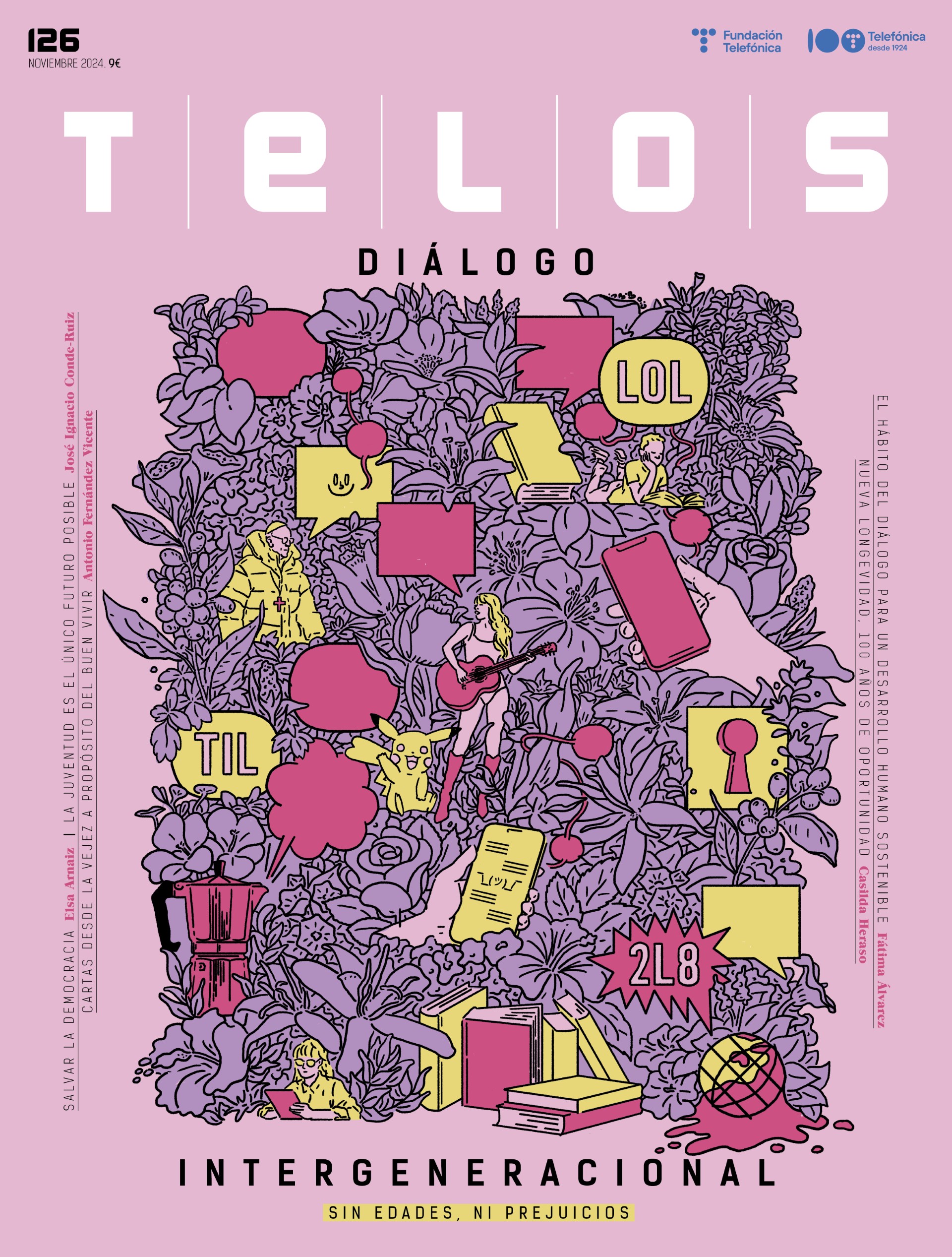
- Telos Magazine
Telos 126. Diálogo intergeneracional
November of 2024 | Fundación Telefónica
El número 126 de TELOS aborda un asunto clave para el desarrollo de nuestra sociedad: el diálogo entre distintas generaciones. En un mundo marcado por la transformación tecnológica, la creciente longevidad y los retos...
Learn moreDownloads
-
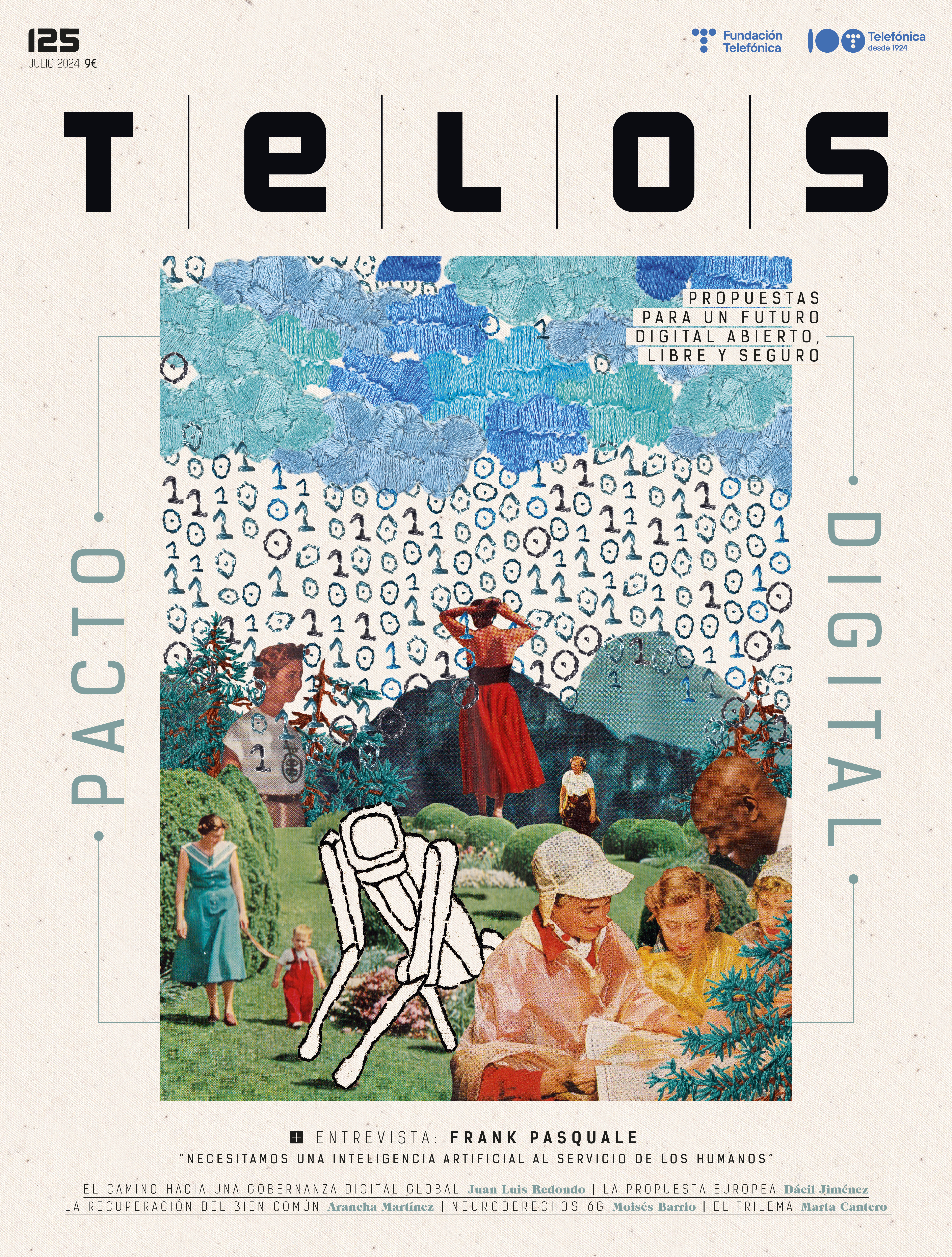
- Telos Magazine
Telos 125. Pacto digital
July of 2024 | Fundación Telefónica
En un momento crítico de transición digital que coincide con la primavera de la inteligencia artificial (IA) y la eclosión de la IA generativa (IAG), resulta imperativo un acuerdo global que coloque a la humanidad...
Learn moreDownloads
-

- Get to know us
2023 Annual Report
June of 2024 | Fundación Telefónica
This Annual Report includes Fundación Telefonica progress throughout 2023 in the financial, economic and social sphere along with all the initiatives and different projects with results and conclusions.
Learn moreDownloads
-
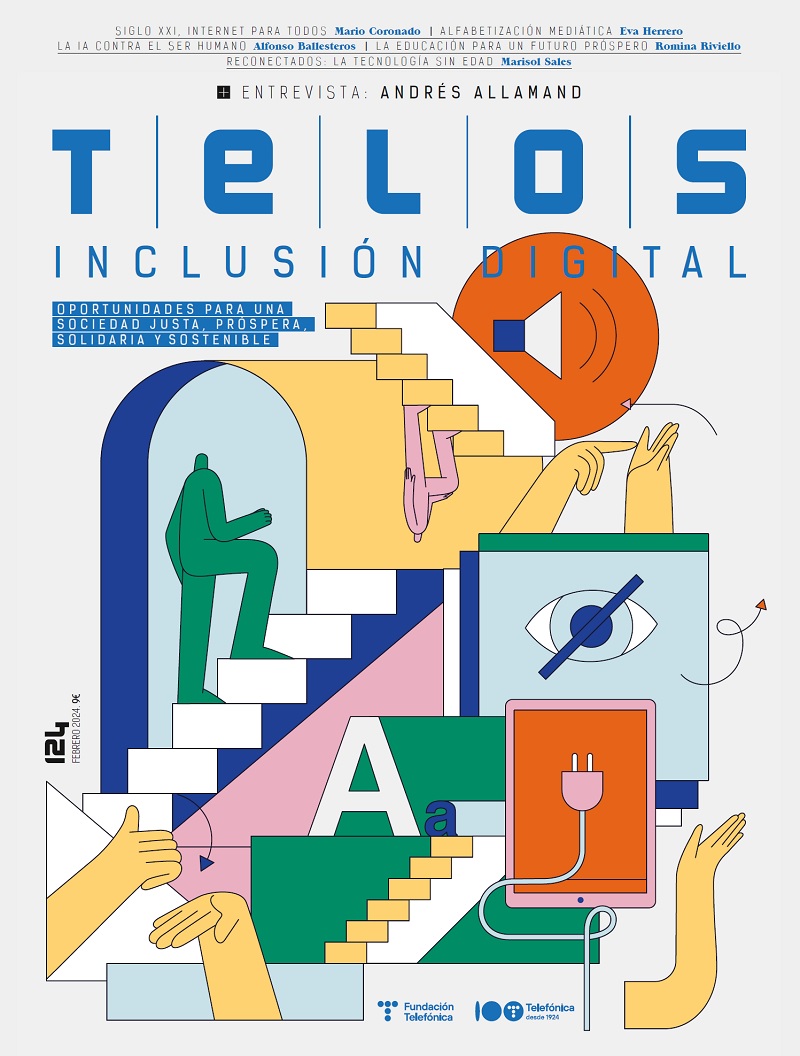
- Telos Magazine
Telos 124. Digital Inclusion
February of 2024 | Fundación Telefónica
In the 21st century, technology has become a fundamental pillar of society, impacting the way we live, work and relate. The transformative power of technological and scientific progress that humans can develop transcends conventional boundaries...
Learn moreDownloads
-
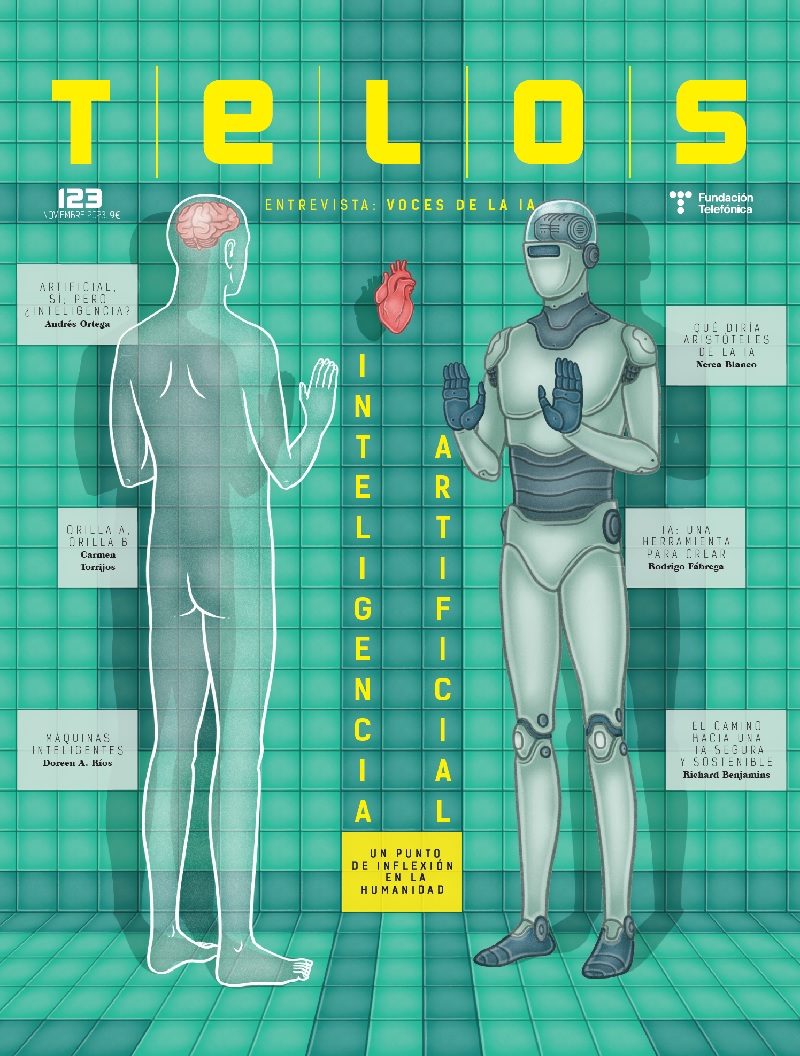
- Telos Magazine
Telos 123. Artificial Intelligence
November of 2023 | Fundación Telefónica
We live in a privileged era: immersed in the most significant technological revolution in the history of humanity, and this revolution is at its beginning. The convergence of the internet, computing power, web 2.0 and...
Learn moreDownloads
-
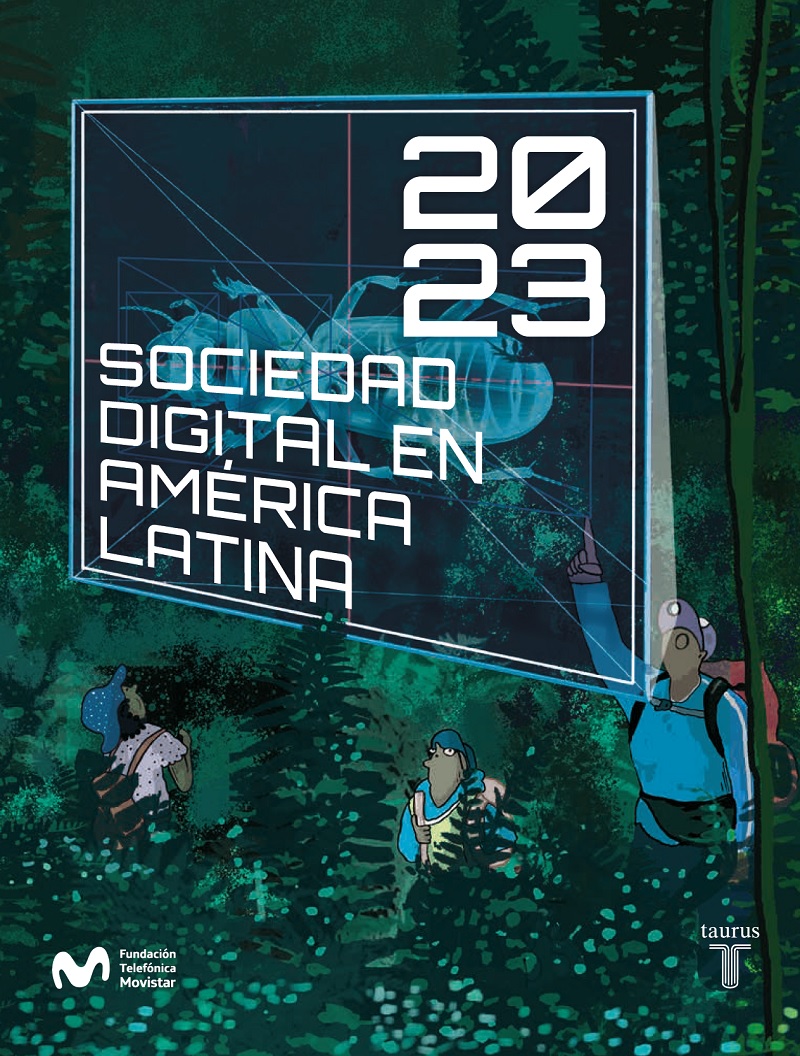
- SDIE reports
Digital Society in Latin America 2023
August of 2023 | Fundación Telefónica
The world is in the midst of digital transformation, a process that is drastically altering the ways of producing, consuming, and, in short, of living, inherited from the industrial economy of the 20th century. Technology...
Learn moreDownloads
-

- Get to know us
Annual Report 2022
June of 2023 | Fundación Telefónica
One more year we present the report in which the different Telefónica foundations of Spain and Latin America collect the progress made during the financial year 2022,...
Learn moreDownloads
-

- Telos Magazine
Telos 122. Post-truth
June of 2023 | Fundación Telefónica
The term post-truth defines, to a large extent and in a very worrying way, the society in which we live: a social context in which the lie is disguised as plausibility and ends up becoming...
Learn more -
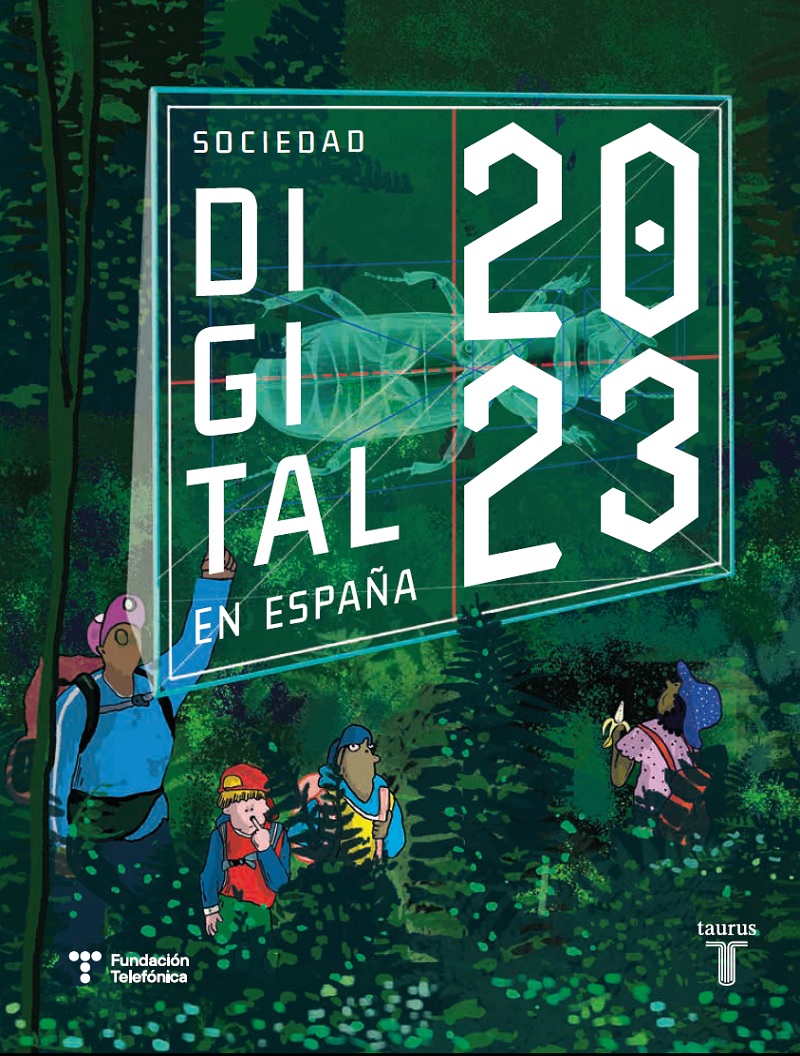
- SDIE reports
Digital Society in Spain 2023
April of 2023 | Fundación Telefónica
In the midst of a geopolitical and economic scenario marked by uncertainty, the digital revolution is gradually transforming society, changing how we produce, work and live from day to day. Technology is already present in...
Learn more